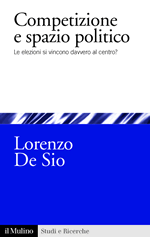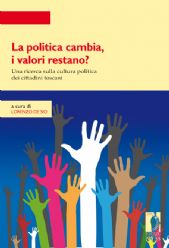Party Politics, July 2011 vol. 17 no. 4488-504
Autori: Richard Dunphy, Tim Bale
Abstract
This article raises questions about how best to assess the performance of radical left parties participating in coalition governments. Drawing in part on interviews (see Appendix 1), it covers parties that have participated in coalition government (Cyprus, Finland, France, Ireland, Italy, Norway), or have acted as ‘support parties’ (Denmark, Sweden), or are debating the ‘pros and cons’ of coalition participation (Netherlands). It undertakes a comparative analysis of how radical left parties themselves evaluate the measure of their achievements and failings in coalition government — a critical exercise for such parties that can influence their tactical and strategic decisions about future government participation, as well as the ability of the parties to survive political and electoral setbacks. The approach we adopt is one that takes the policy, office and votes triad developed by political scientists seriously, but also factors in the principles, political outlook and goals of the parties themselves. It concludes that the experience of coalition government for radical left parties is far from encouraging to date. Their few achievements have to be set against many potential pitfalls. Whilst there may be no alternative to government participation if these parties wish to be taken seriously as actors, a more strategic and cautious approach to coalition formation seems advisable in many instances.
Full Text: https://ppq.sagepub.com/content/17/4/488.abstract?rss=1&utm_medium=referral&utm_source=pulsenews

